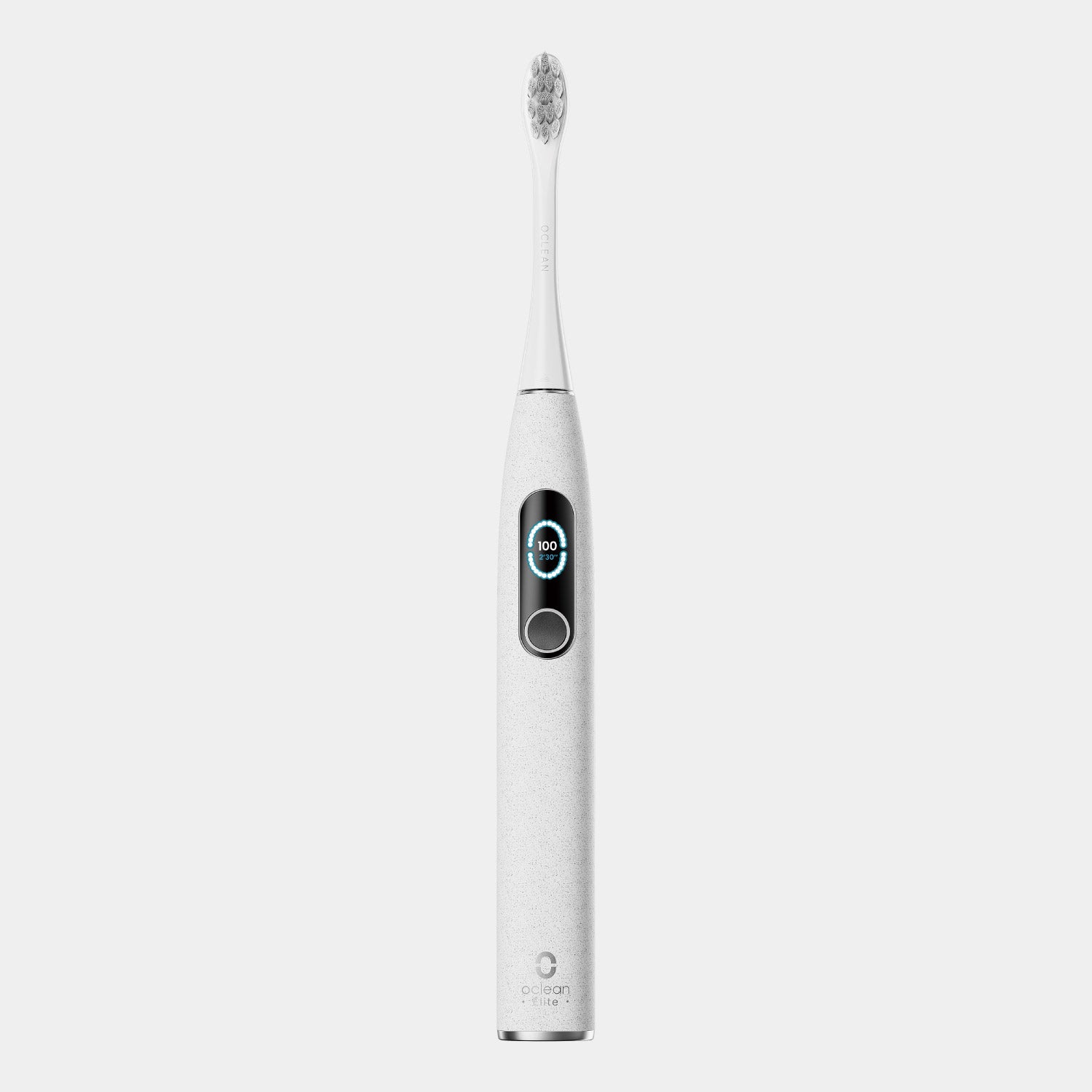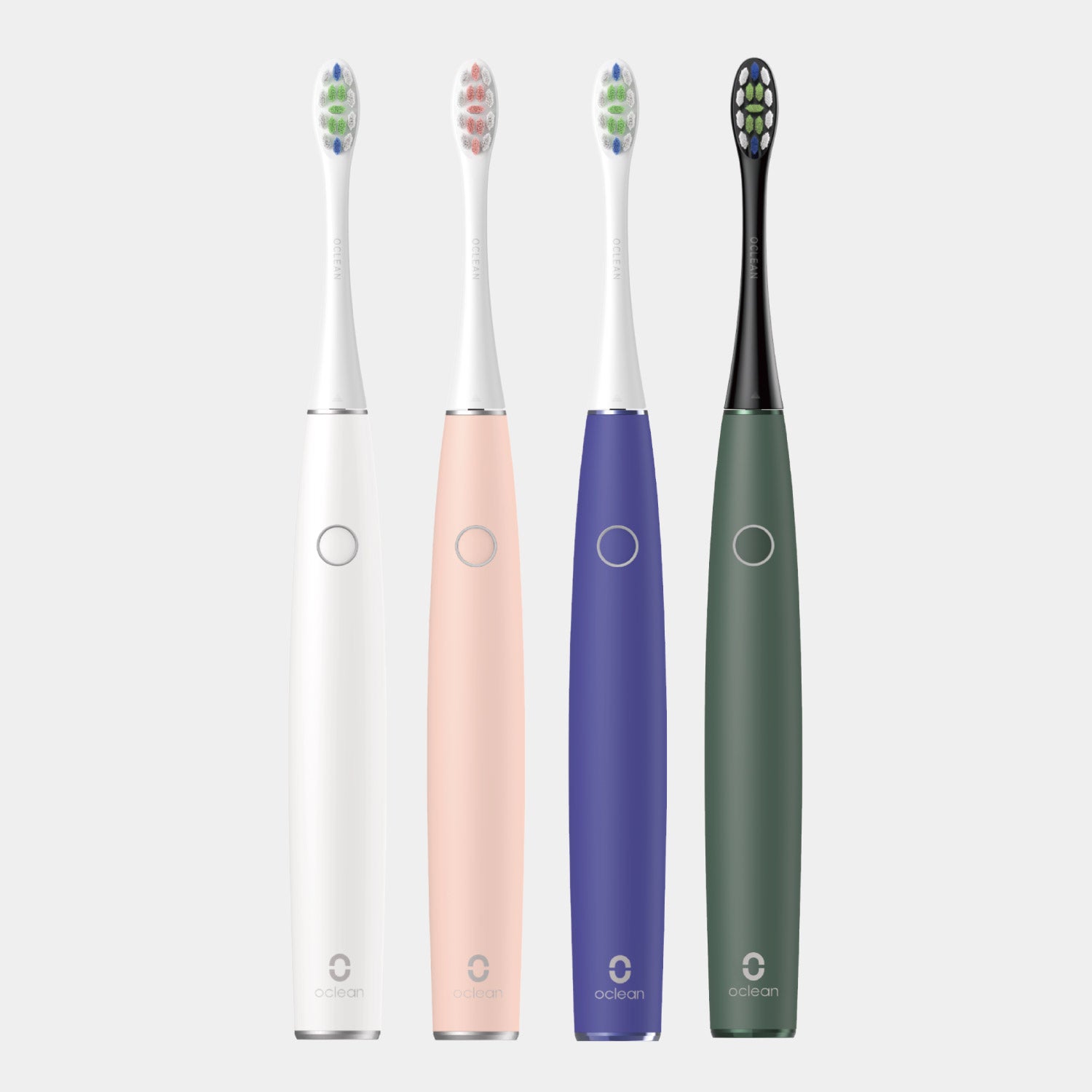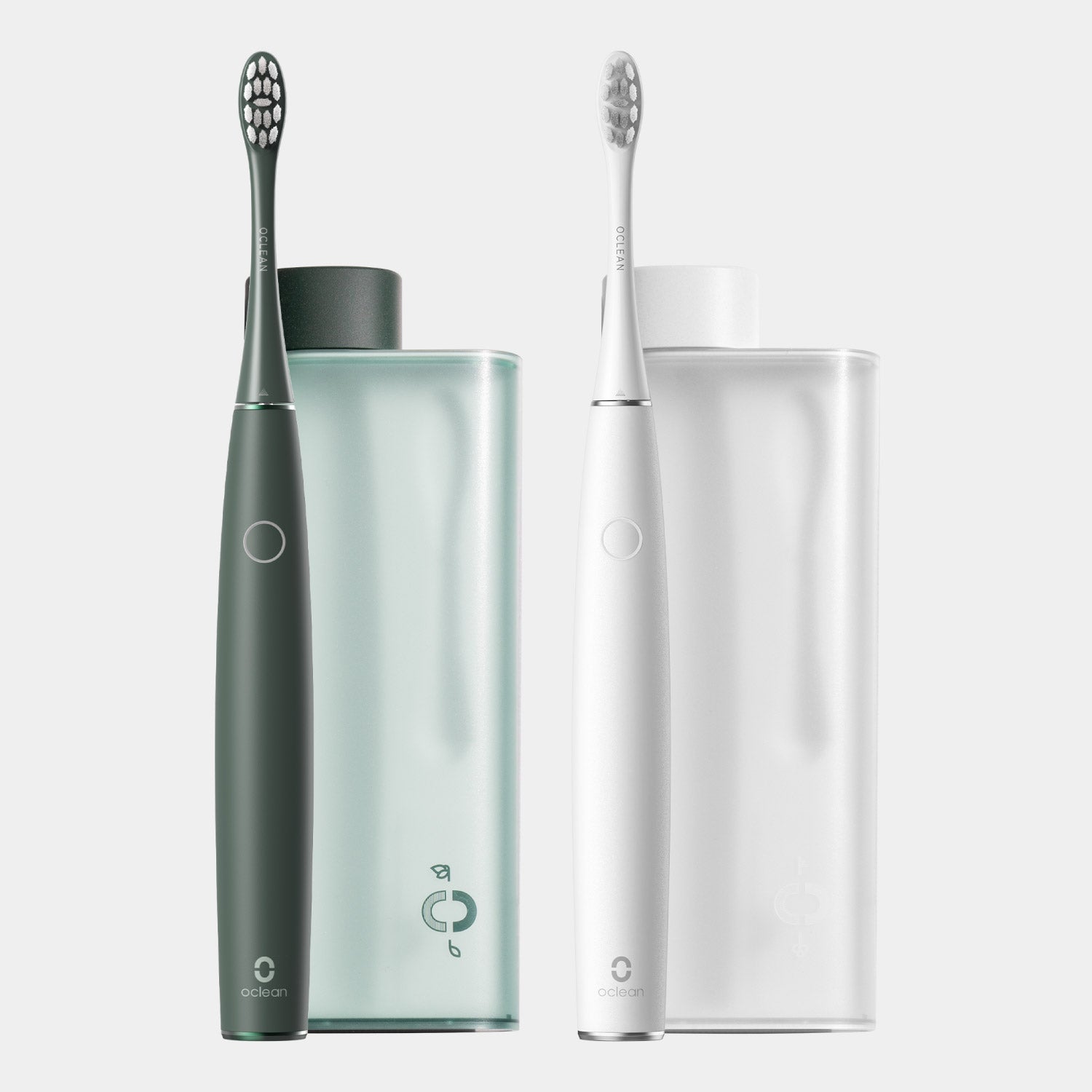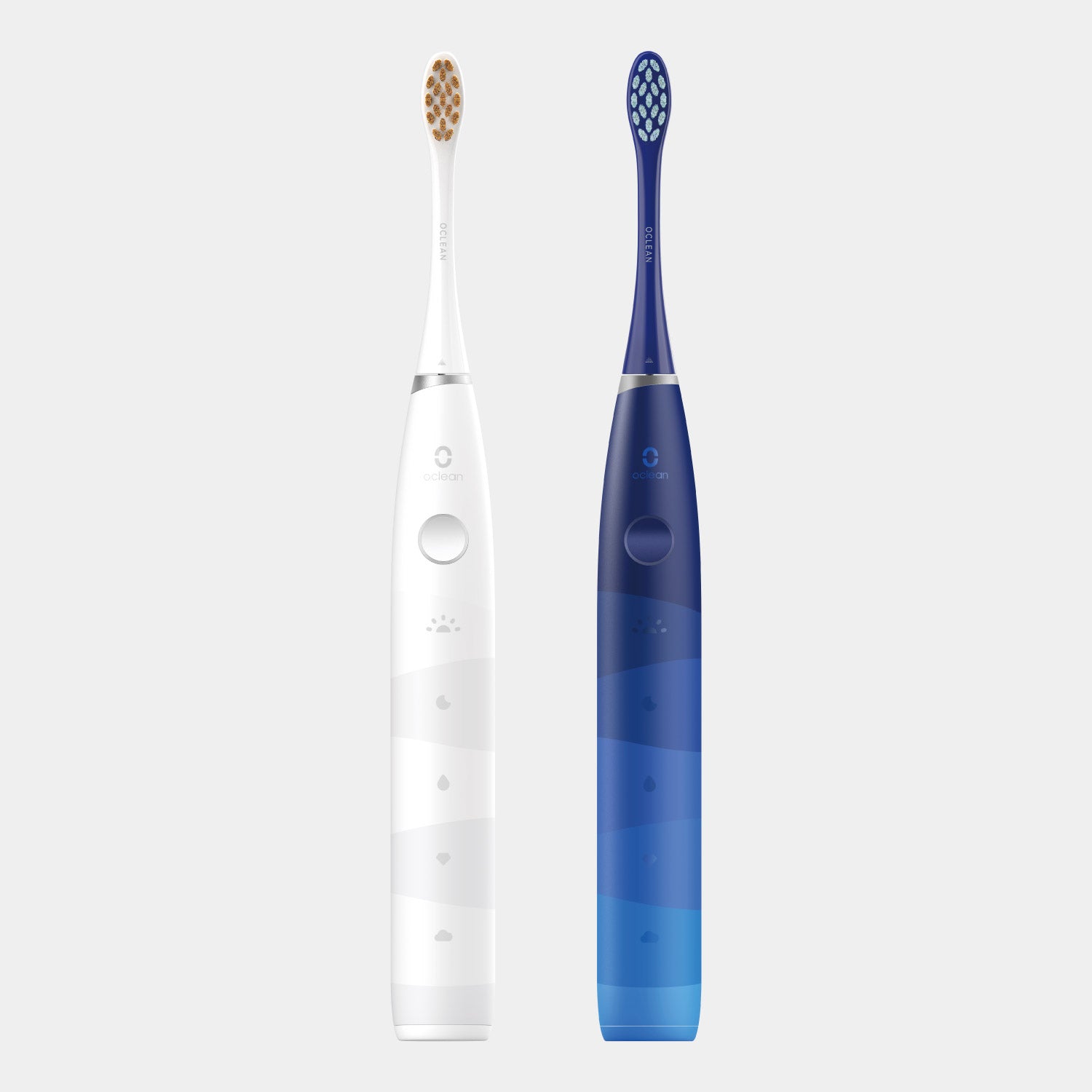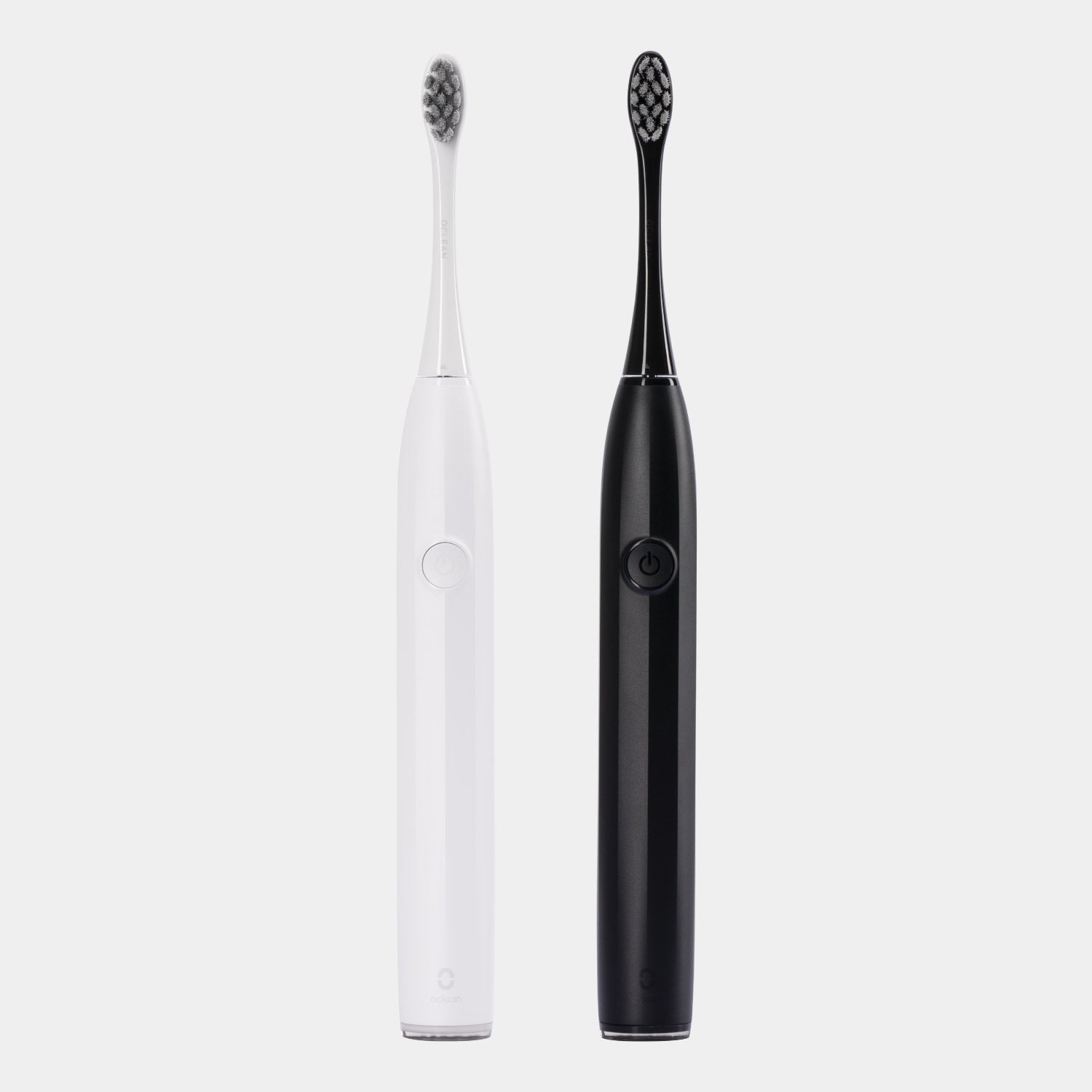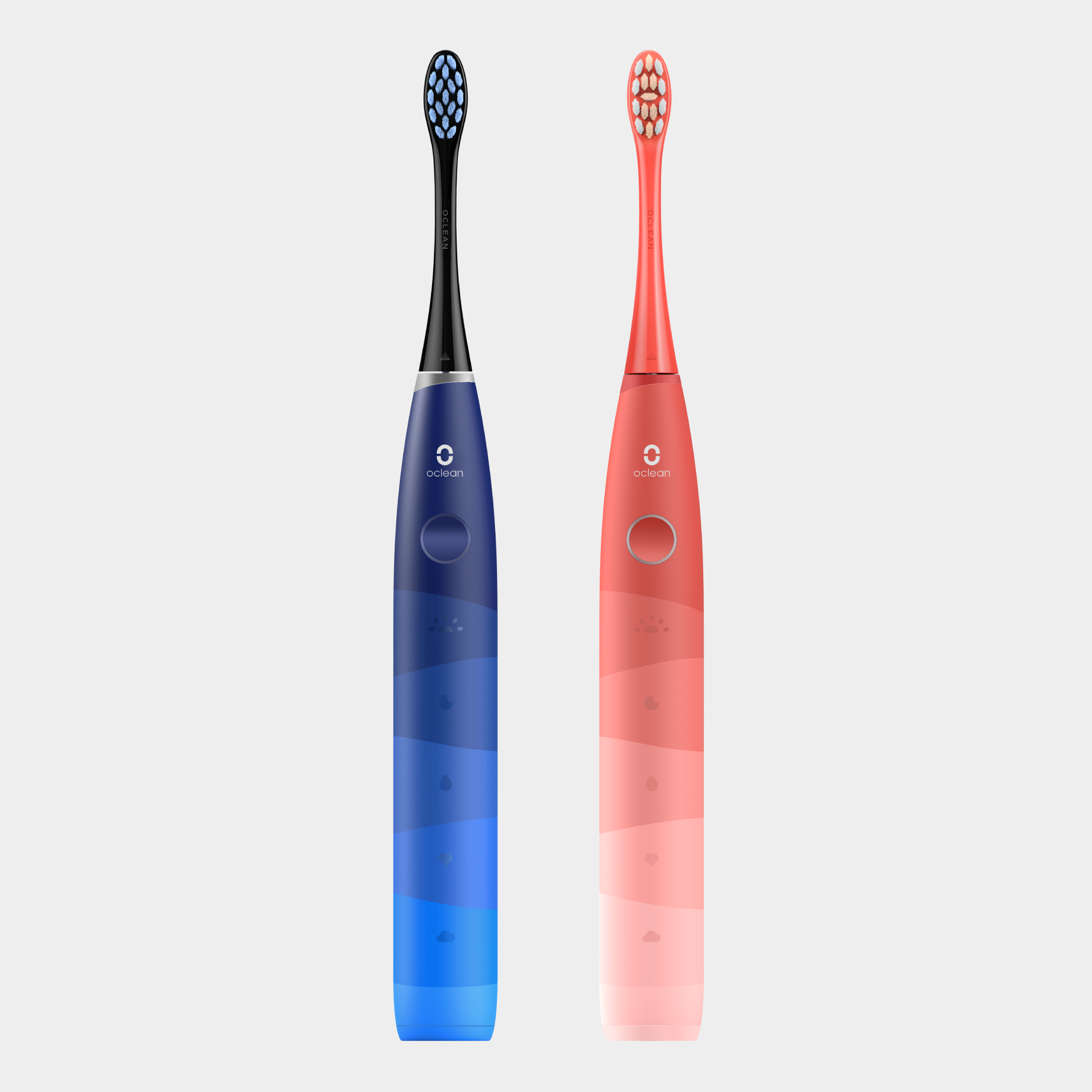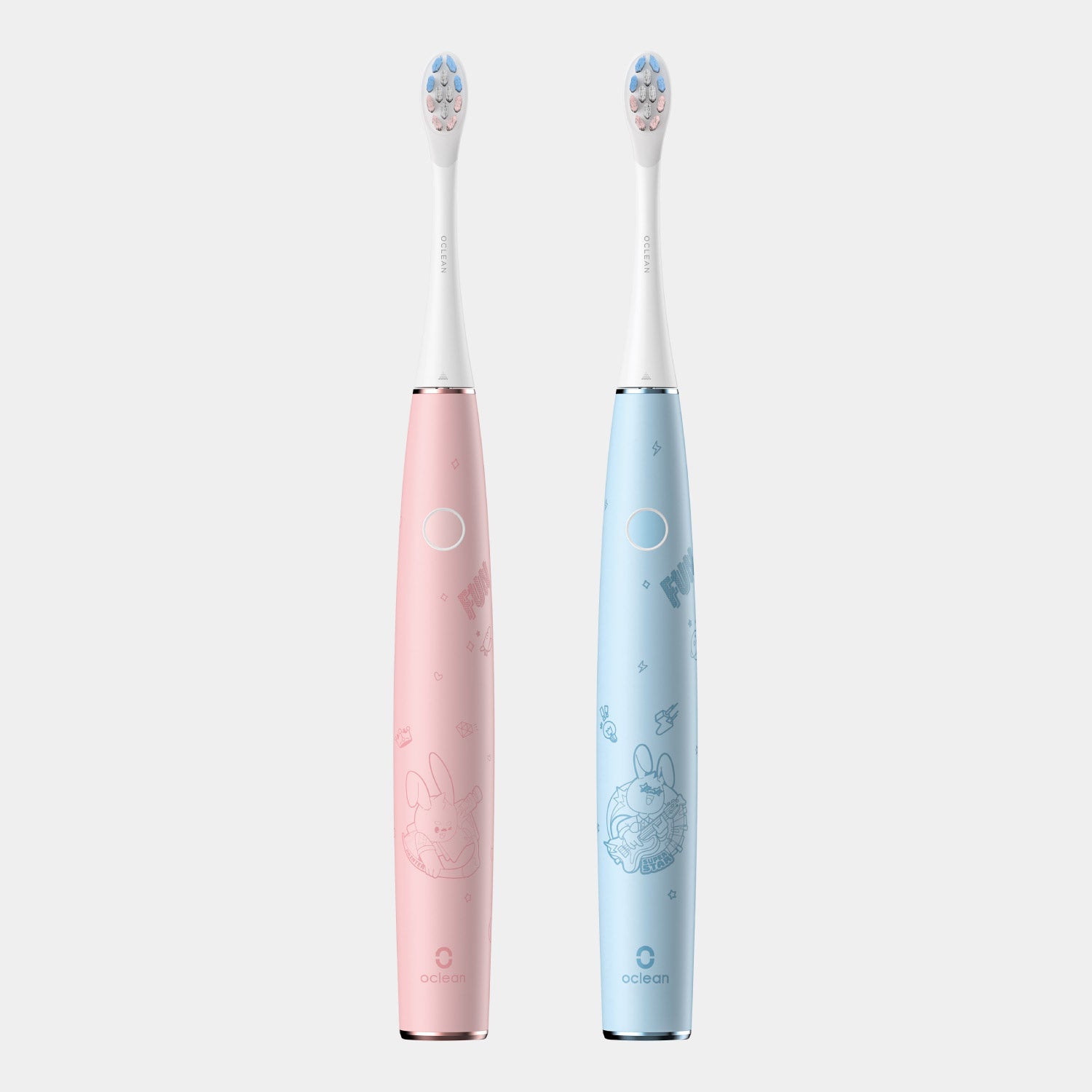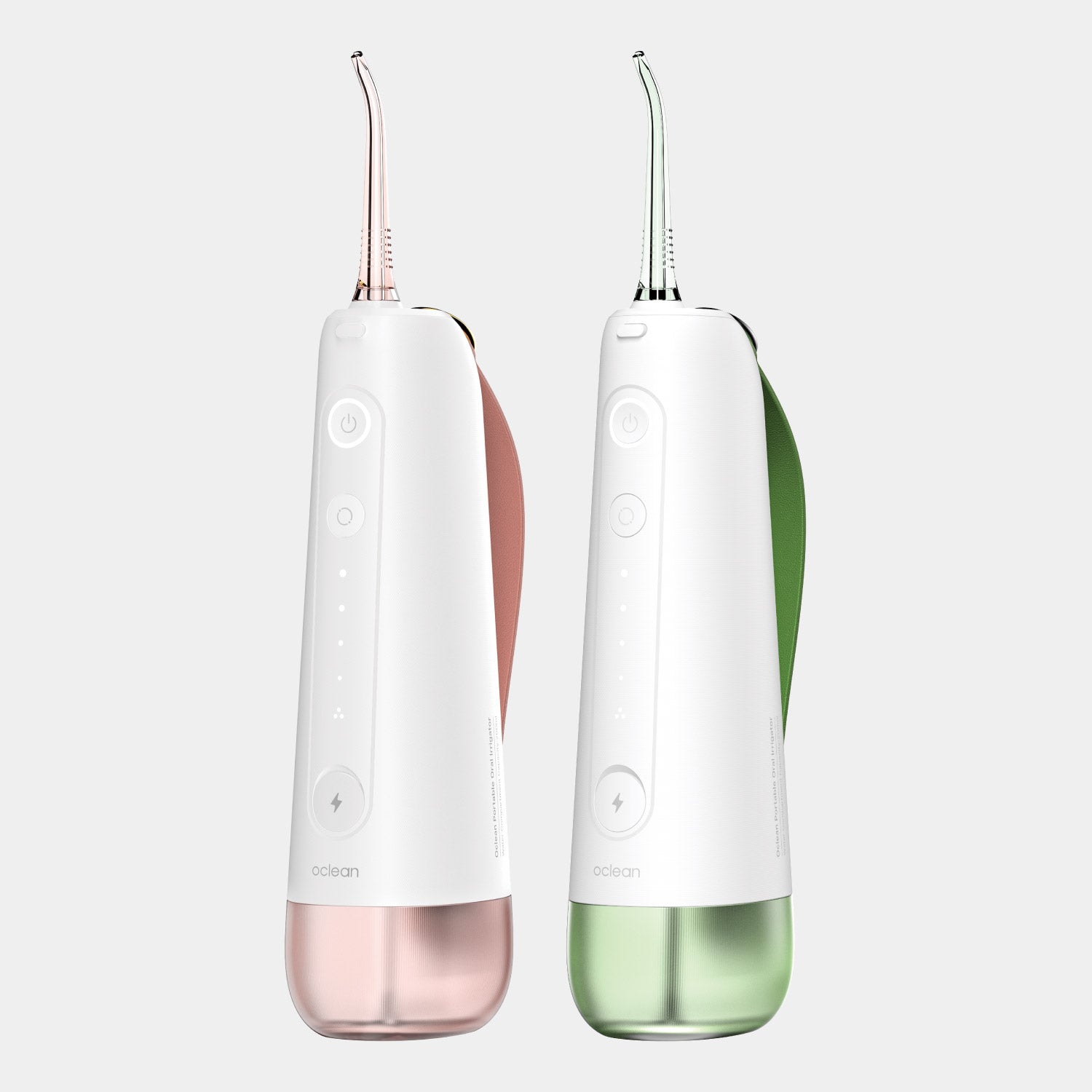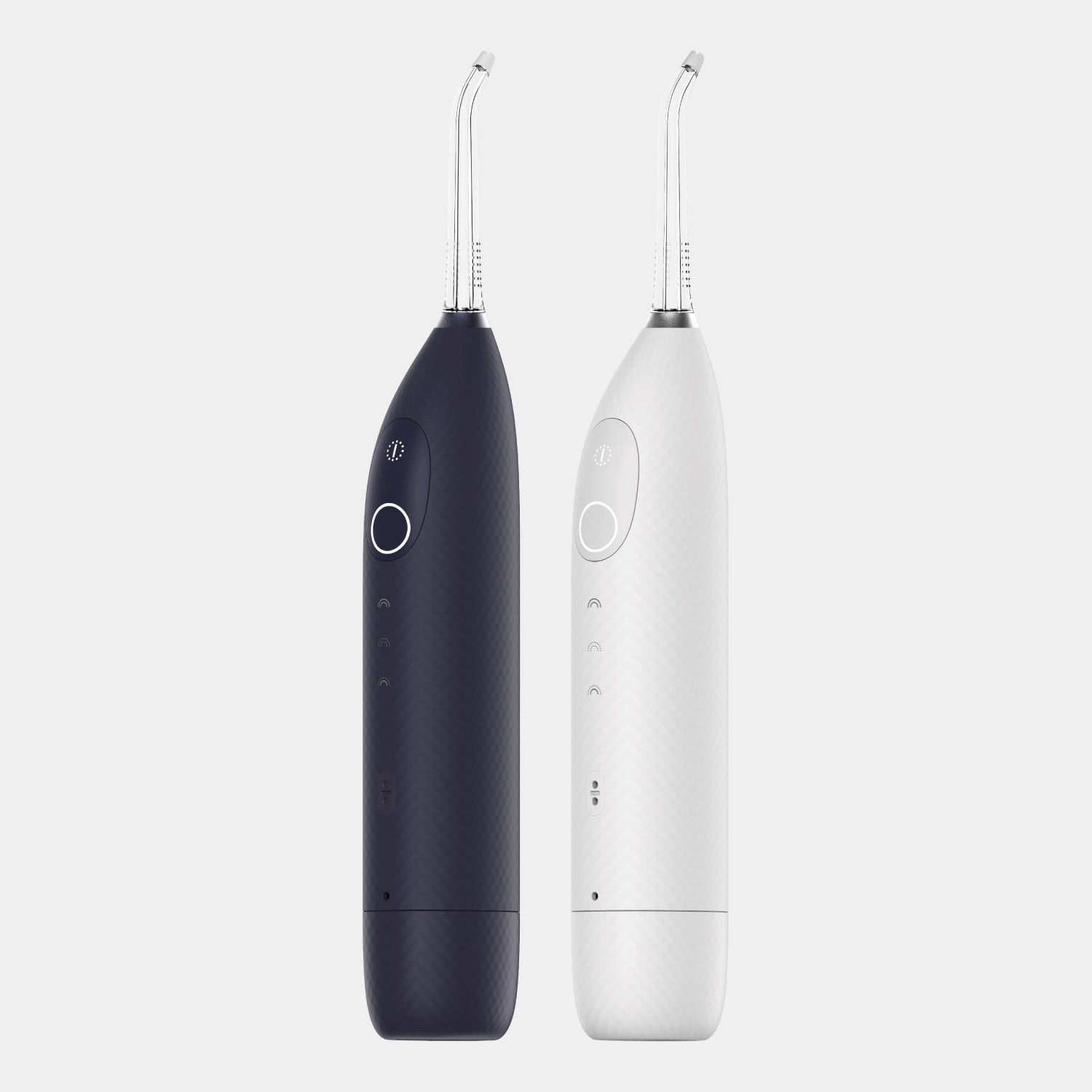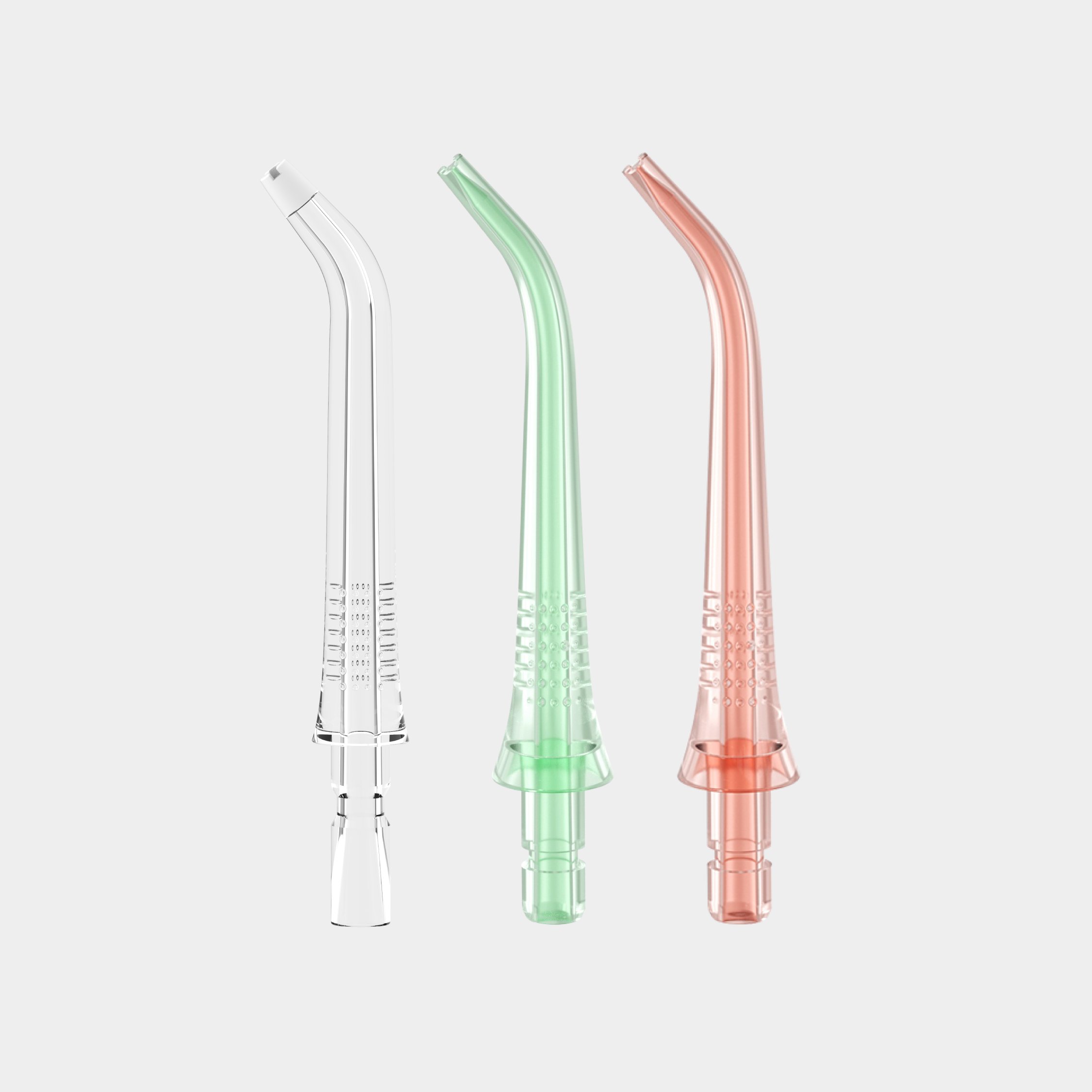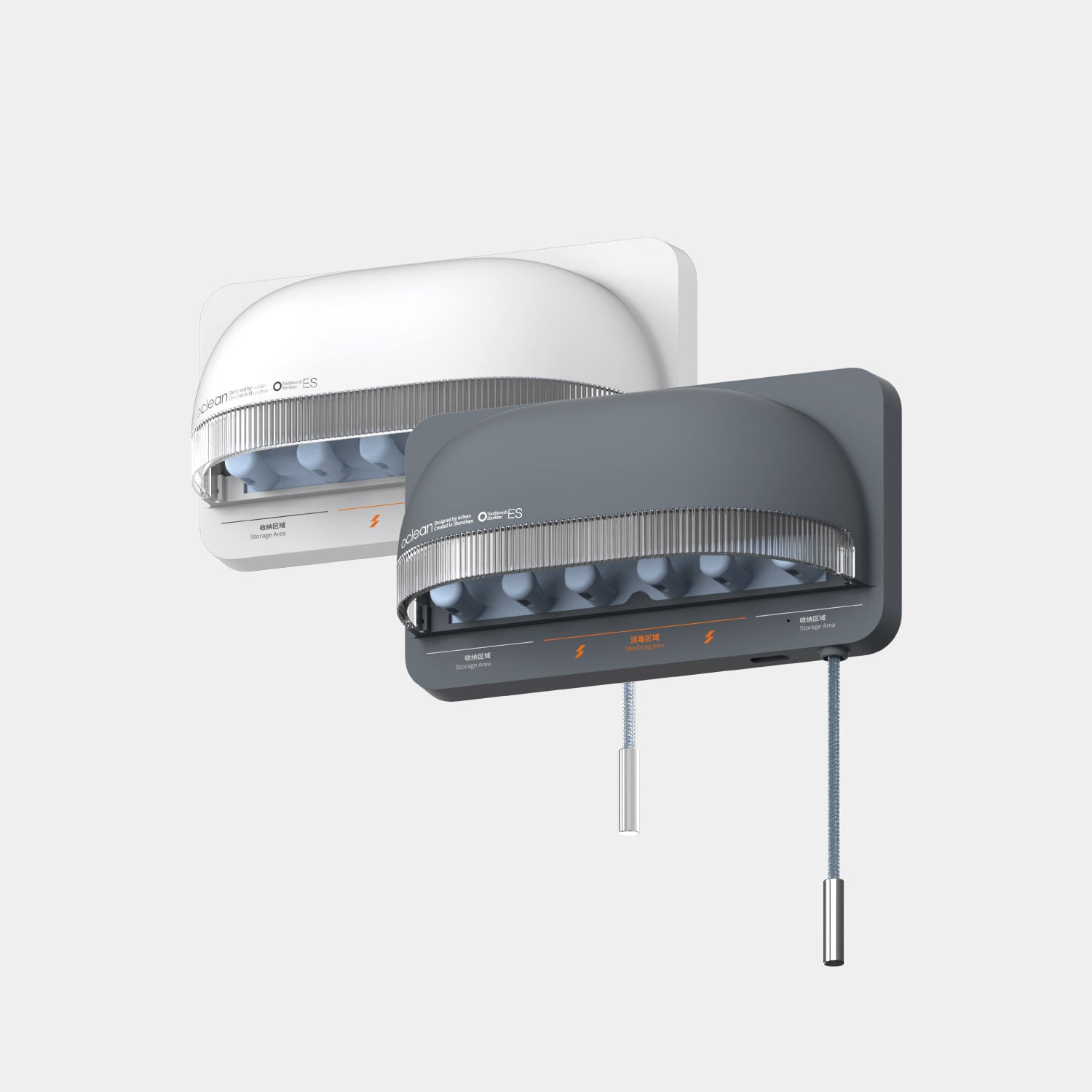Have you had a back tooth extracted recently or are you thinking about it? Most people concern themselves with how this will affect their chewing and swallowing. After all, back teeth, including molars, do much of the work of grinding food up. But does removing back teeth affect swallowing in the long run?
In this guide, we’ll answer that question in detail. We’ll discuss how back teeth help with chewing and swallowing, what to expect after extraction, and how to adapt if needed. By the end, you’ll know exactly what to expect and how to keep eating comfortably, even without your back teeth.
The Role of Back Teeth in Chewing and Swallowing
Before discussing whether tooth extraction affects swallowing, let’s look at the role of posterior teeth—your premolars and molars.
- Chewing Efficiency: The back teeth are meant to grind food into small, digestible pieces. Proper chewing makes swallowing easier and aids digestion.
- Jaw Alignment and Stability: Your back teeth help keep the structure of your bite. When they are lost, this can cause alignment shifts in how your upper and lower teeth come together.
- Tongue Positioning and Swallowing: Your tongue also works with your back teeth to move food to the throat. Losing molars may slightly change this process.
Immediate Effects After Tooth Extraction
After a back tooth is removed, it’s normal to experience some temporary pain or difficulty in eating and swallowing. This is most commonly due to:
1. Pain and Swelling
The extraction site can be sore and swollen, and it can be painful to chew food on the side of the mouth where the extraction was done. The pain can make you apprehensive about eating and can potentially change the way you swallow. [1]
2. Numbness
The local anesthesia given during the procedure can cause your mouth to feel numb for a couple of hours afterward. This temporarily changes your sensation of and control over food in your mouth and makes swallowing a little awkward.
3. Bite Changes
Removing back teeth can alter the way your teeth come together, which can be strange at first and affect the way you chew and swallow. However, your mouth will usually adjust over time.
Does Removing Back Teeth Affect Swallowing?
Yes, the removal of back teeth, especially molars, can temporarily affect swallowing. This is because molars play a pivotal role in the chewing mechanism and the positioning of food for comfortable swallowing. After removal, the mouth needs to adjust, and some people may experience minimal discomfort or a slight delay in swallowing. [2]
How It Affects Swallowing
- After extraction, you can find it harder to chew food thoroughly. This will make swallowing a bit uncomfortable at first.
- There is a bit of difficulty in swallowing in some patients due to pain and swelling of the jaw. This also improves as the healing progresses.
- You might need to switch to soft foods or chew using your front teeth until you are accustomed to it.
However, this improves as muscles adapt and healing occurs. Recovery may be aided by taking soft foods and plenty of fluids.
Surface electromyography (EMG) research has shown that tooth extractions can minimally increase swallowing time. [3] In one study, it was found that subjects who had teeth removed had decreased muscle activity in the masseter (chewing) muscle with no noticeable change in deeper swallowing muscles. This would suggest that any swallowing difficulty is a result of oral change and not due to any issue in the throat. The study reiterates that while swallowing might initially feel unusual, it is not troublesome in the long term.
Does Removing Back Teeth Affect Swallowing Long Term?
Though the short-term effects of back teeth removal are temporary, long-term effects following back teeth removal can occur if the extracted teeth are not replaced:
Change in Chewing Efficiency
If back teeth are missing, it takes longer to break food down and more effort is needed from the front teeth. Swallowing can be indirectly affected by this since bigger pieces of food can be more difficult to handle.
Changes in Bite and Jaw Position
As time goes on, if the lost teeth are not replaced (with implants, bridges, or dentures), neighboring teeth can drift. [4] This can cause:
- Alterations in the way the upper and lower teeth meet, could influence chewing and swallowing.
- Uneven pressure distribution, resulting in discomfort or even temporomandibular joint (TMJ) problems.
Dietary Changes
You may skip some foods that need more chewing, such as meats, nuts, or raw vegetables. This can affect your nutrition and general health over time.
Jawbone Loss
Missing teeth can lead to the shrinking of the jawbone over time because of insufficient stimulation. This can change the shape of your mouth and the way your teeth fit together, indirectly impacting chewing and swallowing.
Shifting Teeth
Adjacent teeth can drift into the empty space, causing misalignment. This can further complicate chewing and swallowing.
Tongue Adaptation
Your tongue is important in pushing food to the back to swallow. If you have no molars, your tongue may need to exert more effort to maneuver food. Others adopt new ways of swallowing unconsciously, which may initially feel strange.
Tips For Easily Swallowing After Tooth Surgery
This section aims to offer assistance and suggestions if you are feeling pain after swallowing after your molars have been extracted.
- Consume Soft Foods: Soups, smoothies, yogurt, and mashed potatoes are some of the foods that will be helpful during this process as they are easy to swallow and do not require much chewing.
- Cut Your Meals to Bite Sizes: Try slicing your meals into bite sizes especially if you lack molars, chewing will be a breeze.
- Slow and Deep Chew Food: If you plan on eating soft food, try to eat slowly so you chew your food correctly so that you can form the proper bolus as well as help you swallow.
- Hydrate Your Body: Ensure that you frequently drink water, particularly during meals. It helps food remain soft and makes swallowing less troublesome.
- Use Both Parts of Your Mouth: Try chewing and putting food equally on both sides of your mouth to avoid bearing too much on one side.
Does Back Teeth Hurt After Wisdom Teeth Removal?
Pain following wisdom teeth extraction is to be expected, but whether other back teeth ache is based on some variables such as surgical difficulty, swelling, and nerve sensitivity. The extraction area itself will be painful, and adjacent molars can be sensitive to pressure during the procedure or from temporary misalignment. [5]
Swelling and inflammation may cause pain in the back teeth, but the pain typically goes away within a few days to a week. Pain is managed with good aftercare like the application of ice packs, pain medication as directed, and avoidance of hard foods. Excessive or prolonged pain may be a sign of a dry socket or infection and should be seen by a dentist as soon as possible.
Can You Still Swallow Normally After Back Tooth Removal?
Yes, in most instances, your swallowing is not impacted. The body is very adaptable, and your oral muscles, your tongue, and your remaining teeth gradually adjust to the changes with time.
However, if you notice:
- Chronic swallowing difficulty
- A sensation of food sticking
- Pain on eating or drinking
It's preferable to see a dentist or a specialist to eliminate underlying conditions.
Can Wisdom Teeth Grow Back After Removal?
Wisdom teeth do not grow back after they are removed. Similar to certain animals, humans only get two sets of teeth—baby teeth and permanent teeth. [6] That being said, in certain rare cases, a condition known as supernumerary teeth will cause extra teeth to grow that are mistaken for wisdom teeth regrowing.
If you notice new growth in the extraction site, it’s probably because of bone healing, scar tissue, or a small piece of leftover tooth structure. If you’re experiencing discomfort or suspect something’s amiss, a dental examination can verify if further treatment is necessary.
Do You Feel Back Pain After Wisdom Teeth Removal?
Back pain is not a common side effect of wisdom tooth removal but can occur. Sitting for a long time in the dentist's chair or tensing up during the procedure can lead to straining of back muscles. Some also experience body aches as a response to stress, anesthesia, or inflammation post-surgery. Rest, hydration, and a warm compress may alleviate any pain.
Does Removing Your Wisdom Teeth Change Your Jaw?
Wisdom tooth removal doesn't really change your jawline much. However, some people may notice slight differences due to reduced swelling or muscle tension. The jaw muscles may be stiff or sore for a couple of days, but this is not permanent. In some rare cases, if the teeth were deeply impacted, there may be reshaping of the bone, but this doesn't drastically change jaw shape. Over time, the jaw adjusts, and any slight changes are no longer noticeable. [7]
Do You Feel Pain When Swallowing Saliva After Wisdom Tooth Extraction?
Mild discomfort when swallowing saliva is normal after wisdom teeth extraction, especially in the first few days. This occurs due to swelling, sore throat from the procedure, or inflammation near the extraction site. Intense pain or pain lasting more than a week can be an indication of infection or dry socket. Intake of lukewarm fluids and limitation of hard food can provide relief from discomfort.
Can I Brush My Teeth After Wisdom Teeth Removal?
Yes, but with caution. Avoid brushing near the extraction site within the first 24 hours to prevent dislodgment of the healing. Then, brush your teeth using a soft sonic toothbrush like the Oclean X Pro Elite Sonic Toothbrush without irritating the sensitive spots. Its soft Dupont Diamond W-shape bristles and variable modes make it ideal for post-extraction cleaning.
Long-Term Wisdom Teeth Removal Aftercare
It is necessary to care for your mouth after wisdom teeth removal to increase healing and overall future oral health. Good oral hygiene and regular dental checkups avoid problems.
1. Practice Good Oral Hygiene
Brushing is required, but be gentle near the extraction site. An electric sonic toothbrush like the Oclean X Pro Elite Sonic Toothbrush can efficiently clean your teeth without putting excessive pressure on sensitive spots.
2. Floss and Rinse Thoroughly
Rinse your mouth with warm salt water or antibacterial mouthwash, but avoid vigorous swishing. Floss gently to encourage healthy gums.
3. Avoid Hard or Sticky Foods
Even after you have recovered, avoid eating foods that may become lodged in the extraction site or put a strain on your jaw. Eat a well-balanced diet to keep your teeth and gums healthy.
When Can I Use a Straw After Wisdom Teeth Removal?
It's preferable to wait 7 to 10 days at least before straw usage following wisdom teeth removal. Straw use too soon after can cause a painful complication called dry socket. This happens because the sucking action displaces the blood clot that is protecting the extraction site.
As a precaution, drink from a glass directly until you have fully recovered. You can return to drinking from straws once your dentist says it is fine.
Can I Drink Coffee After Wisdom Teeth Removal?
It’s best to skip coffee for 48 hours after surgery. Heat can increase swelling, and caffeine can delay healing. If you really can’t live without coffee, let it cool down and sip it carefully.
When to Seek a Physician or Dentist
Though some difficulty swallowing can be expected after tooth extraction, you should visit a dentist or doctor if you experience:
- Continued difficulty swallowing weeks after the extraction.
- Pain that does not decrease with proper care.
- Signs of infection, such as fever, swelling, or pus.
- Choking or food sticking in your throat on a regular basis.
These symptoms can indicate complications that need special attention.
The Bottom Line
Removal of back teeth can affect how you chew, and, in turn, that can make swallowing seem different or harder. However, the physical act of swallowing is not directly affected by the lack of teeth. With proper care, dental solutions, and a little adaptation, most people are able to return to their normal eating and swallowing habits.
Reference
-
“Wisdom Teeth - Overview.” Guy’s and St Thomas’ NHS Foundation Trust, www.guysandstthomas.nhs.uk/health-information/wisdom-teeth.
-
Nova Scotia Health. “Patient & Family Guide.” 2023. https://www.nshealth.ca/sites/default/files/documents/pamphlets/0646.pdf.
-
Vaiman, Michael, et al. “Oynophagia in Patients after Dental Extraction: Surface Electromyography Study.” Head & Face Medicine, vol. 2, no. 1, 17 Oct. 2006, https://doi.org/10.1186/1746-160x-2-34. Accessed 10 Feb. 2025.
-
Furuta, Michiko, and Yoshihisa Yamashita. “Oral Health and Swallowing Problems.” Current Physical Medicine and Rehabilitation Reports, vol. 1, no. 4, 15 Sept. 2013, pp. 216–222, https://doi.org/10.1007/s40141-013-0026-x.
-
Park, Won-Jong, et al. “Post-Extraction Pain in the Adjacent Tooth after Surgical Extraction of the Mandibular Third Molar.” Journal of Dental Anesthesia and Pain Medicine, vol. 19, no. 4, 2019, p. 201, https://doi.org/10.17245/jdapm.2019.19.4.201 Accessed 11 Feb. 2025.
-
Frothingham, Scott. “Can Wisdom Teeth Grow Back after They’ve Been Removed?” Healthline, Healthline Media, Sept. 2020, www.healthline.com/health/dental-and-oral-health/can-wisdom-teeth-grow-back. Accessed 11 Feb. 2025.
-
Wang, Xin-Wen, et al. “Slim the Face or Not: 3D Change of Facial Soft and Hard Tissues after Third Molars Extraction: A Pilot Study.” BMC Oral Health, vol. 23, no. 1, 21 July 2023, pmc.ncbi.nlm.nih.gov/articles/PMC10362706/, https://doi.org/10.1186/s12903-023-03214-5. Accessed 11 Feb. 2025.



